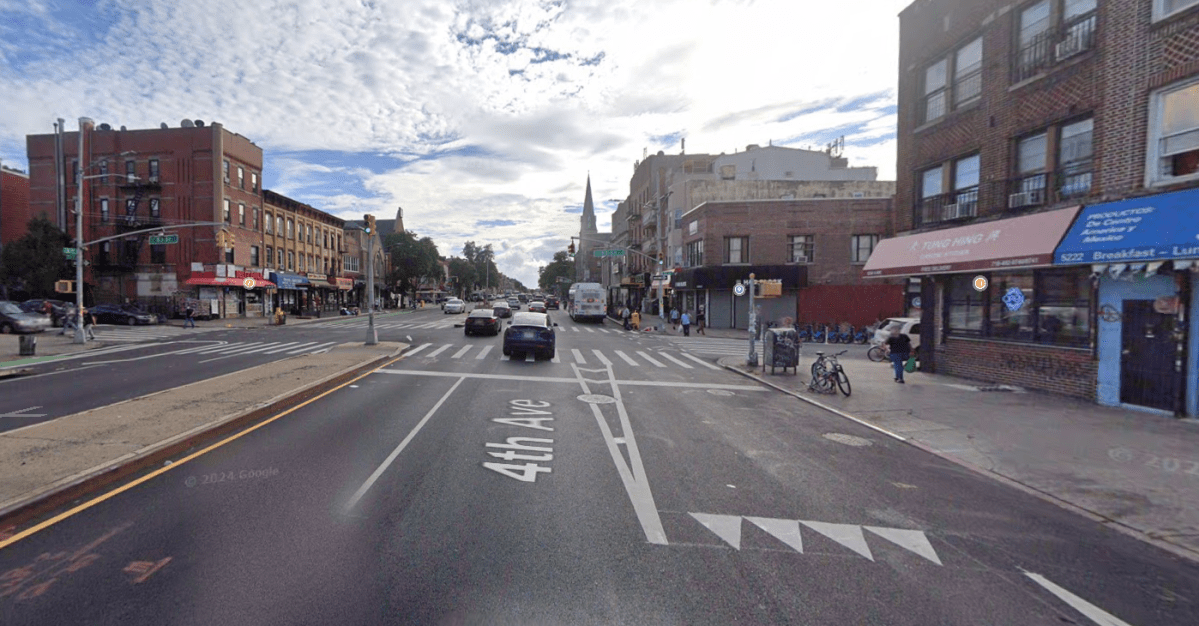When your knees are sore, it’s easy to dismiss. You just went too hard at the gym. You must be getting older; don’t think about it! It’s summer — who has body aches in summer?
But knee pain isn’t something you should get used to. It can happen at any age, for a number of reasons. So when your knees are sore, when should you get them looked at? Doctors say that when knee pain becomes more than an occasional issue, it’s time to get things checked out.
“A good metric to go by is if you see that you have to make constant adjustments to your everyday routine in order to accommodate the pain, then it’s likely time to see a doctor,” says Dr. Armin Tehrany, founder of Manhattan Orthopedic Care and an honorary surgeon for the NYPD. “If you are feeling levels of discomfort that prevent you from completing simple tasks like walking, handling errands, or even working out, you should see a doctor. You should also check if there are symptoms of swelling or redness around the area where you are feeling pain.”
What might a doctor suggest if your knees are sore?
A doctor may suggest daily stretching and strengthening exercises to improve mobility if your knees are sore. They can also determine if you’re wearing proper footwear, which will help maintain proper leg alignment and balance, preventing further injury.

Tehrany also says that, despite the widespread belief that damp, cool weather makes joints ache, some people’s knees are sore more frequently in the summer. That, in itself, isn’t cause for alarm. “Our joints have baroreceptors, which can sense changes in air pressure,” he says. “When temperatures rise, or fall, our joints can feel an increased sensation of pain due to the change in air pressure, which ultimately causes our joints to tighten and stiffen. This is especially true if someone already suffers from runner’s knee or another type of overuse injury. Air pressure can change in both warm and cold climates, so if you feel pain or discomfort in your knees when running in the summer, it doesn’t indicate anything more serious than if someone were to feel pain when it’s damp outside.”
Signs of a more urgent problem — warranting a trip to the ER — include being unable to walk on your knee; severe pain with fever; or swelling accompanied by heat or redness. In all those cases, you should be evaluated for a fracture or ligament or tendon injury ASAP.
























